
How Does Aging Affect Bladder Health?
We recommend helpful products in our articles. Read our full disclosure here. The content on this website is not intended to be a substitute for professional advice, diagnosis, or treatment.
It is one of those things we never want to face as we age – losing control of our bladder.
But it happens!
While some age-related changes that occur, such as getting wrinkles on your face and your hair turning gray, are apparent, what happens inside your body is entirely different.
It is also something that you should focus on and work to prevent.
Your bladder and urinary tract systems change as you age, often very unpleasantly.
A slow and steady decline in the weight of your kidneys starts to occur since your kidney function changes, which includes changes in the ureters, bladder, and the urethra.
The kidney’s primary function is to filter blood, remove waste and extra fluid, and control chemical balance.
However, as you get older, the functionality of the kidneys can be affected and cause internal issues or, at the very least, a cause of concern.
Let’s explore how aging affects your bladder health and what you can do to help treat and cope with these changes.
What Aging Does To Your Kidneys
The blood vessels that supply your kidneys start to harden as you get older, which causes the kidneys to filter much more slowly.
When those arteries supplying your kidney function narrow more, it causes your kidney size to decrease due to the lack of supply.
Lastly, the walls of the small arteries that flow into the glomeruli thicken, which are the small capillaries at the end of your kidney tubes that help filter the waste out.
When you start aging, the functions of your kidneys also start to decline gradually.
There is less tissue present as you get older, and your nephrons, which filter the waste material from the blood, also decrease, which makes it more difficult to concentrate, release acids, and dilute your urine.
When your kidneys start to lose their function, it can become very serious to your health.
A failing kidney will eventually require dialysis, which involves using alternative solutions, like the abdominal lining or a machine, to remove waste products and excess fluid in the blood.
Chronic kidney disease silently steals your kidneys’ ability to filter waste, leading to a gradual build-up of toxins in your body, potentially progressing to kidney failure if left unmanaged.
Unfortunately, older people are at a higher risk of kidney-related diseases, such as diabetes, urinary tract infections, and incontinence.
However, getting early detection and proper treatment can help.
Healthy aging people will see a decline in kidney function at a much slower pace.
If you are already at a higher risk or have health problems or conditions, you may already be at an increased risk for developing kidney issues.
What Aging Does to Your Bladder
A significant part of your kidneys is centralized within your bladder and urethra, and as you get older, those two things change.
The more elastic tissue becomes harder, and the bladder less stretchy, so it cannot hold as much urine as it could previously.
Your bladder muscles also get weaker as you age, which makes it hard to hold your urine in as long as you might before.You will find yourself taking more trips to the bathroom, and this is a very natural occurrence.
The problem in the urethra is that it may become blocked, sometimes partially or possibly entirely.
In women, it is more common that weakened muscles in the bladder or vagina will fall out of position making them more incontinent.
In men, the urethra becomes clogged by an enlarged prostate, which is also a natural occurrence due to aging.
With the amount of urine that the bladder can hold and the urine flow both declining as you age, it is no surprise that older people can suffer more often from incontinence and urinary tract infections.
Bladder-Related Health Problems and How To Treat Them
The diagnostic procedures to confirm bladder-related health problems include urinalysis, urine culture, and blood tests.
Urinalysis analyzes the composition of your urine, checking for blood, white blood cells, bacteria, and other abnormalities, which can indicate infection, inflammation, or kidney problems.
If the urinalysis suggests infection, a urine culture identifies the specific bacteria causing it, while blood tests assess kidney function, rule out other conditions like diabetes, and check for
electrolyte imbalances.
Imaging studies include ultrasound to create images of your bladder and surrounding organs, revealing stones, tumors, or blockages.
Cystoscopy involves inserting a thin, flexible, camera-equipped tube through the urethra and the urinary bladder to visualize the bladder lining and urethra for abnormalities directly.
Below are some of the common bladder-related health problems and their management strategies.
Urinary Tract Infection (UTI)
A urinary tract infection (UTI) is usually revealed when you find yourself in pain during urination or needing to urinate quite frequently.
You may also sometimes see blood in your urine.
If a urinary tract infection is left untreated, it can spread into the kidneys.
Therefore, you must see a doctor if you have any pain, burning sensations, or blood in your urinary tract.
UTIs are treated with antibiotics.
Women have a greater risk of contracting UTIs due to anatomy – they have shorter urethras than men do, and the opening is closer to the rectum where bacteria is located and can cause infection.
Urinary Incontinence
Urinary incontinence happens due to an overactive bladder, and although it is relatively common, it causes a lot of embarrassment.
Sometimes stress is a significant contributor, and urine leakage occurs during certain activities, like coughing, laughing, sneezing, or jumping.
Incontinence doesn’t necessarily mean that you wet yourself, as it can involve the urgent need for the bathroom or just losing a tiny amount of urine.
However, it can lead to more severe issues like depression and social isolation for fear of going in public, which affects your mental health.
Again, due to the female urethra being shorter than a man’s, they are at a greater risk of having urinary incontinence as they get older and their bladder muscles weaken.
Any damage to the urethra is more likely to cause incontinence.
However, there are ways to combat it.
There are plenty of options for adult diapers and underwear for women specifically geared towards helping with incontinence.
They will keep you from feeling embarrassed and allow you to participate in activities without fear.
You can also do pelvic floor exercises to work the muscles that control the bladder and keep you from leaking urine.
Other natural methods to help with incontinence include losing excess weight, exercising more, and cutting down on too much alcohol or caffeine.
When all else fails, and your incontinence is more severe, doctors will sometimes prescribe anticholinergics, which calm an overactive bladder and help with the urge to go to the bathroom.
Alpha-blockers and topical estrogen are also some medicines used to diagnose urinary incontinence.
Seek Medical Assistance for Help With Your Bladder
It is an unfortunate part of life to suffer while aging, and dealing with bladder health problems as you get older makes it much less appealing.
However, understanding what happens within your body is a key part of helping to treat it and take care of your health.
Be sure to seek medical help if you experience any signs or symptoms of bladder or kidney disease.
These include trouble urinating, going too frequently, pain when urinating, blood in your urine, or a burning sensation.
Nephrologists are experts in internal medicine and have received additional training and certification in diagnosing and treating kidney problems.
You can also be proactive and speak with your doctor to find out what steps you can take now that will help combat dealing with bladder problems and handle the many changes within your kidneys, bladder, and urethra as you age.
Scroll down for more health tips below.
"We love to research problems, examine studies, analyze solutions, and share with you ideas that make life healthier. You can learn about us and our editorial standards here. Have suggestions or feedback to share? Send us a message!."

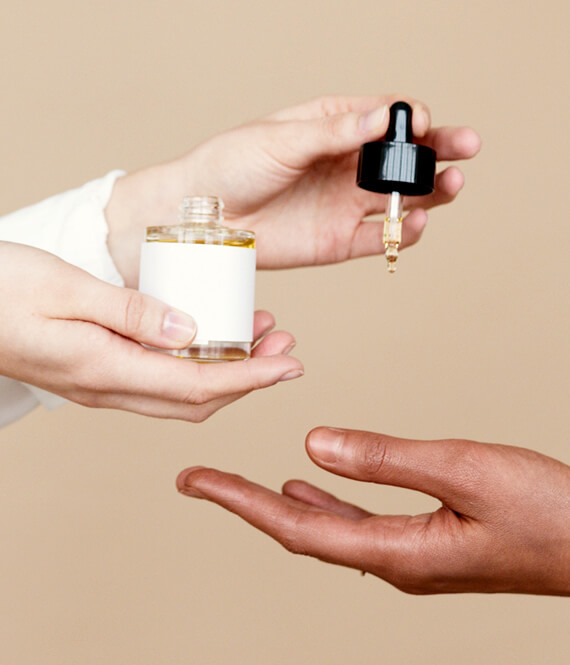

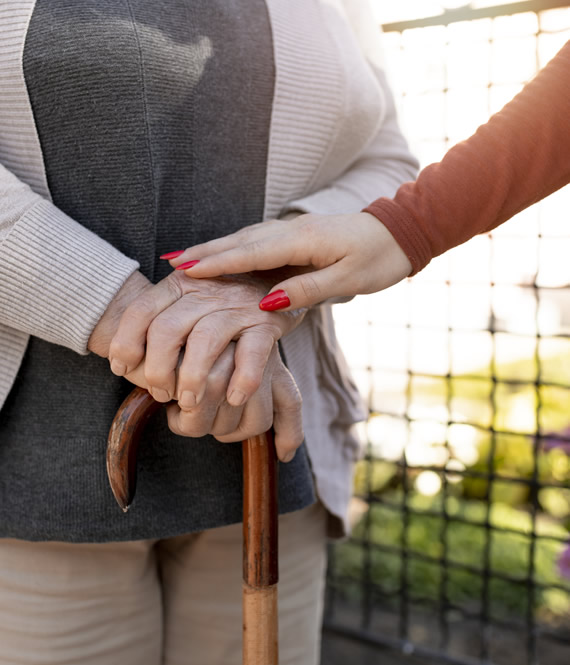
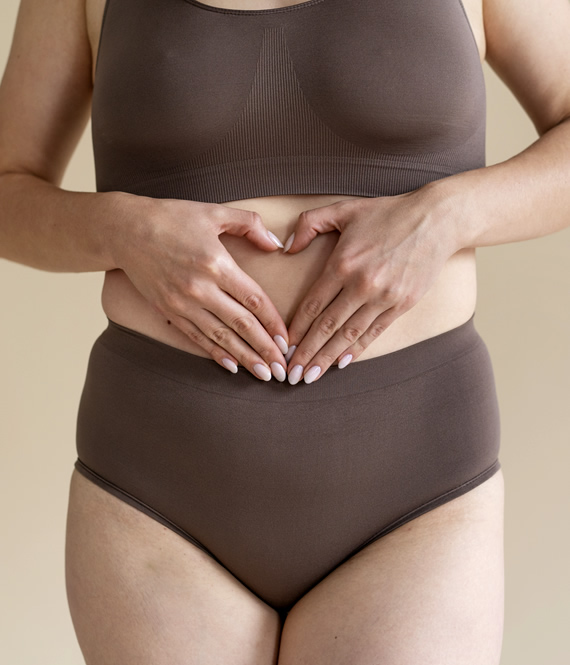
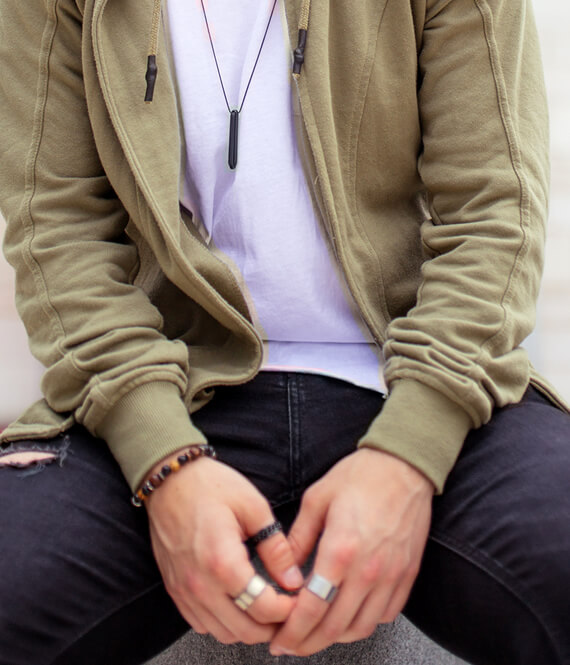
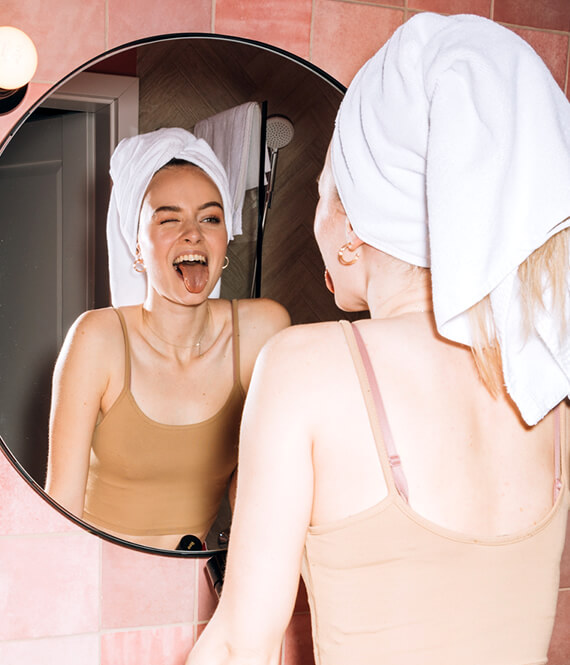
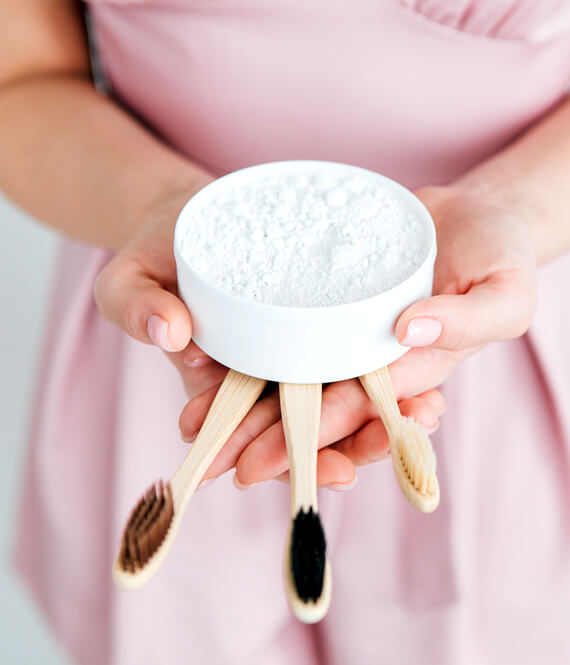
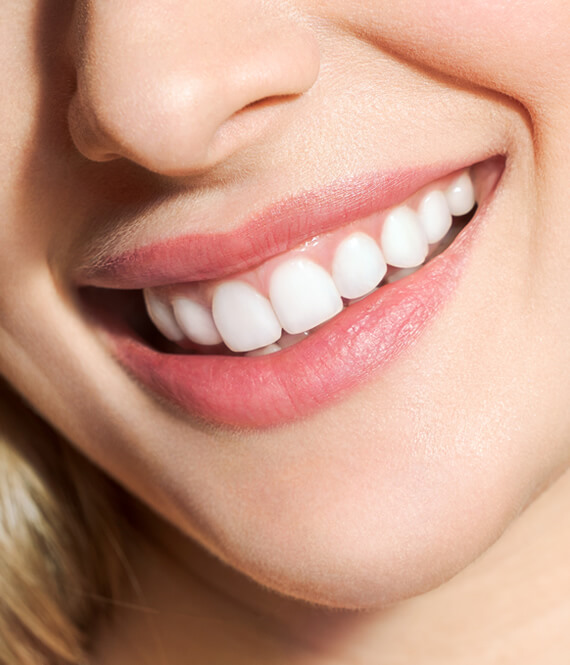




Leave a Comment